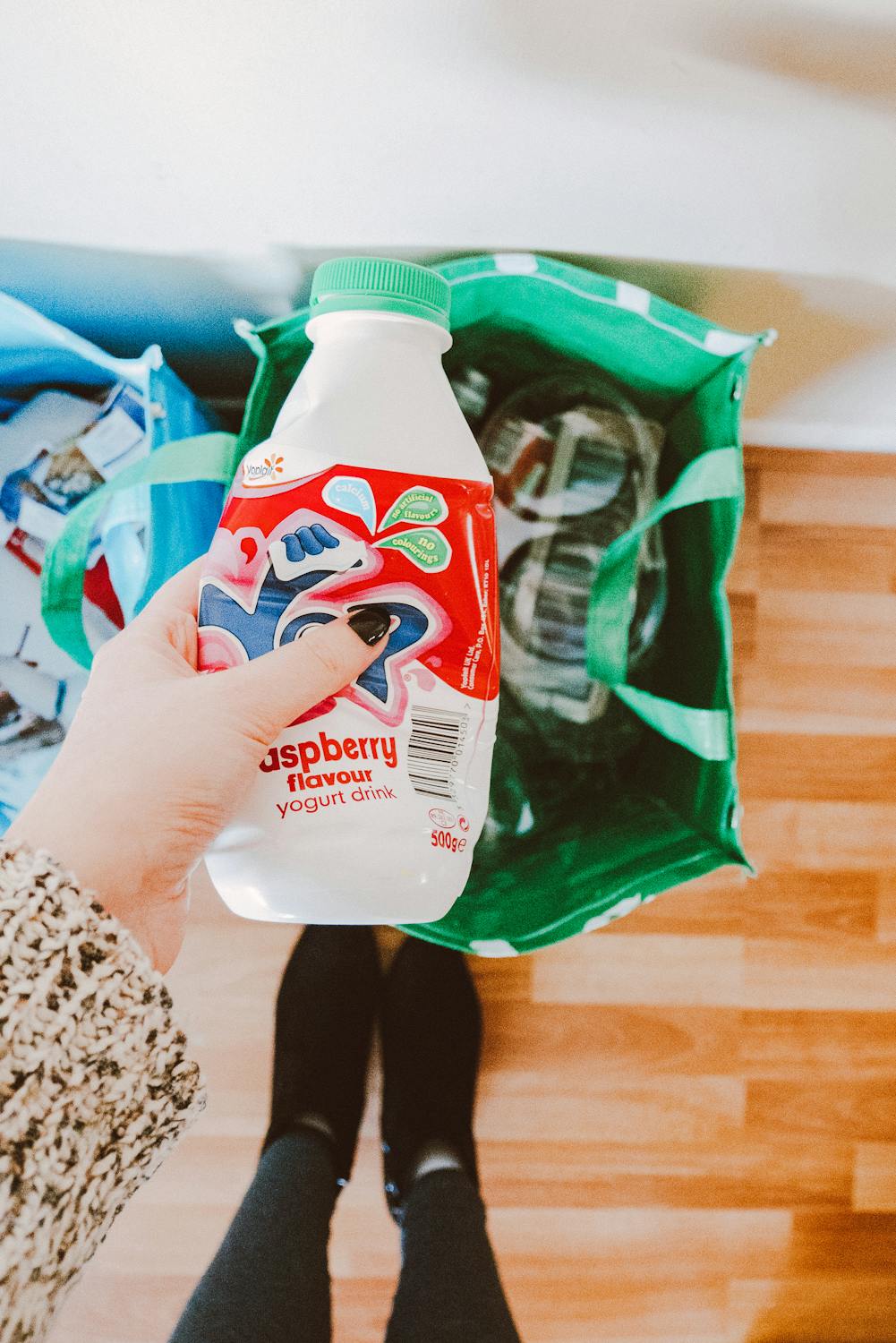What’s Recyclable and What Isn’t? 4 Ways to Discern between the Two

Recycling is one of the best ways to reduce your carbon footprint, but figuring out which materials are recyclable can be confusing. Luckily, this process is going to be incredibly easy once you get the hang of it. Here is a closer look at a few tips that will help you determine which items and materials are recyclable.
Organic Waste
Many people are surprised to hear that most organic waste can be recycled. If you run a business that produces organic waste, then you should contact your local waste management company to see if they have a food waste recycling program. For homeowners, composting is a great way to get rid of food scraps and other organic materials. Setting up a compost bin only takes a few minutes, and you will have a constant supply of nutrient-rich compost.
Metals
Metals can be broken down and reused hundreds of times without changing their properties, and that is one of the reasons why many recycling companies pay for used metal products. A piece of metal that has been recycled multiple times is going to be just as strong and durable as new metal that was just pulled out of the earth. Most of the metals that you are going to come into contact with can be recycled, and that includes steel, aluminum, gold, copper, silver, and brass.
Computers and Electronics
While the vast majority of electronic devices can be recycled, you can’t just throw them in the recycling bin. Tossing your electronics in the trash is very bad for the environment, and you might be fined if you are caught. The best way to get rid of laptops, phones, televisions, and other electronic devices is to contact an e-waste company that does laptop recycling and other types of electronics recycling. Those organizations carefully break down electronic devices and separate all of the key components before recycling the materials.
Paper Products
As a general rule, paper products can be thrown into a recycling bin, but you need to make sure that there aren’t any other materials attached to those products. An example of that would be a pizza box that still has food debris on the inside. That food debris could damage the machines that break down and recycle corrugated cardboard. Some experts also suggest that you avoid shredding any paper that you plan on recycling. When paper is shredded, the fiber strands are shortened, and that makes it much more difficult to recycle the material.
Recycling is great for the planet, but you need to keep an eye on what you are putting in your recycling bin. Throwing certain materials in those bins could contaminate huge piles of debris that would have been recyclable.


0 Comments
Recommended Comments
There are no comments to display.